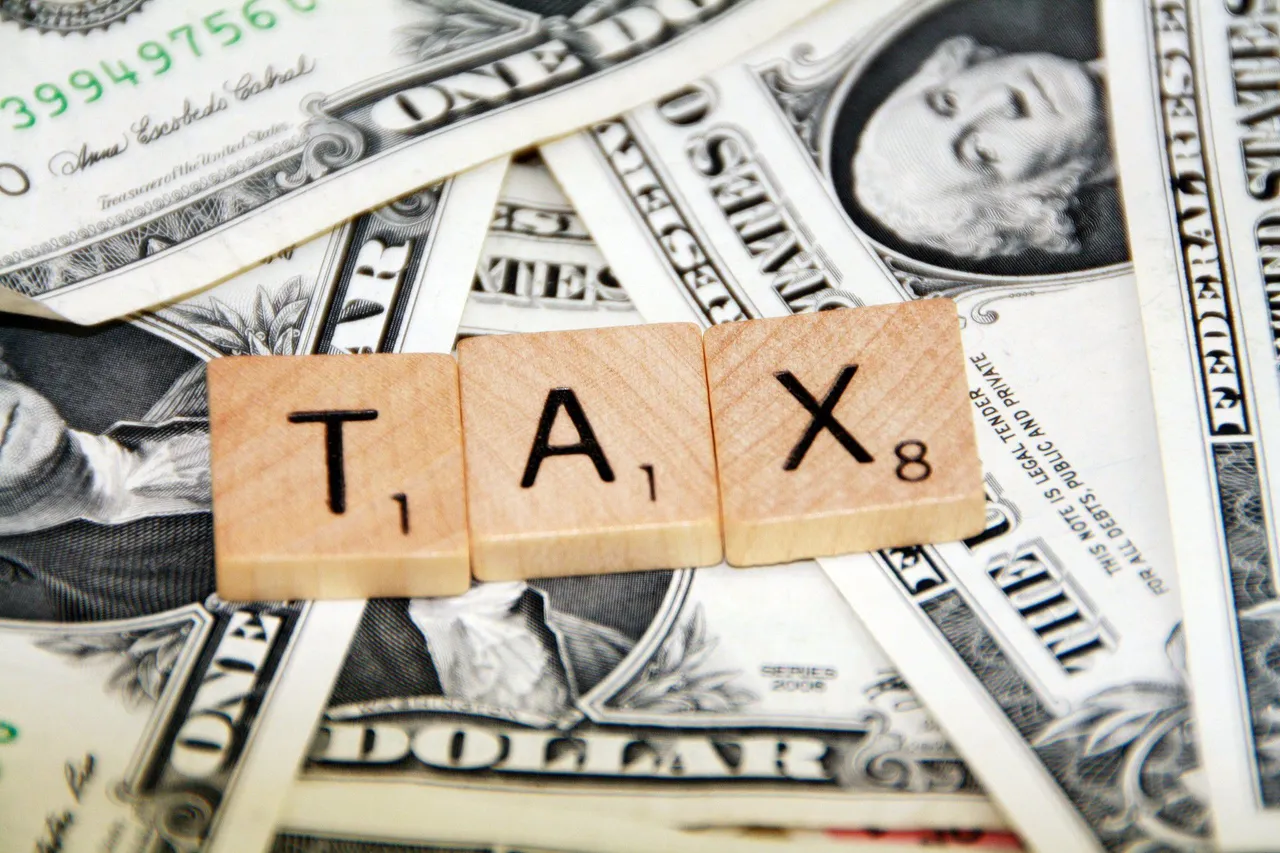There is something interesting going on within the Trump Administration. It is not something that gets attention from the media, probably because they do not realize it is taking place.
Actually, this is something that isn't political, although in this era, everything is made political. That said, what we are looking at is the possible restructuring of the economic landscape as it pertains to individual taxes.
Obviously, anyone who gets on any social media has heard about the tariff wars Trump is waging. This might seem like something that is without thought but, underneath, there is a great deal of validity to it.
The key to understanding this is to see what is possibly taking place in unison.
In this article we will look at how Trump is seeking to shift the tax policy of the United States.

Source
Trump's Shift In Tax Policy
For a more than a century, the United States operated on an income based tax policy. Each year, hundreds of millions of people file their tax returns. Politicians took this to be a talking point, often citing that "people have to pay their fair share".
Opponents of this call it theft. Certainly, there is something to the fact that politicians can engage in uncontrollable spending and then, simply alter the amount of taxes people pay (i.e. the percentage of a paycheck the government will take) simply through Congressional vote.
All of this, of course, is policed by the Internal Revenue Service.
Here we see the basis of two shifts taking place with regards to taxation.
From Internal To External
The idea of an External Revenue Service was floated. Hell, there might have been an Executive Order creating this.
Whether there is an actual agency or not is immaterial. The basis here is the shift from internal focus to external.
Tariffs tax externally. It is placed on the imports of goods from other countries. While the knee-jerk reaction is to simply call it inflationary, that it will send prices up, it is more nuanced than that. Often, the totality of the price cannot be passed on. Instead, it is spread across the entire supply chain. This reduces profits which, ultimately affects the company in the country of origin.
In other words, this is less money that entity is able to extract from the United States.
That does not mean there is no increase incurred by the end user. It is very common for their to be price increases. Not all of it is eaten by the different corporations involved. Naturally, this is framed as a bad thing.
But it is?
The Shift From Income To Consumption
if operating in a vacuum, this impact would lean heavily in the direction of being negative. However, there might be something else in play.
Earlier this week, the idea of, once the budget is balanced, of eliminating taxes on people making $150K or less was floated. Here is where the other side of the equation enters.
By eliminating (actually reducing the tax rate to zero) the income tax on these people, the burden is is placed onto consumption. Income, for this group, is untouched.
Above I mentioned that people have no say in the income tax. In fact, for wage earners, it is removed from one's pay by the employer. The person never gets to touch the money.
Reverting back to the tariffs, the "tax" here is voluntary. Nobody is forced to buy a particular product. Sure, this situation is amiss when there are no alternative (substitution) products. Under normal circumstances, where choices exist, people select what they purchase.
Americans might have a tough time with this. There is a significant portion of the population with an entitlement complex. They feel they deserve that luxury European automobile and it should be as inexpensive as possible. Making them pay more or, heaven forbid, price it out of their budget is simply unacceptable.
Since individual entitlement is outside the scope of tax policy, we will have to leave it aside. Nevertheless, the shift from income to consumption does present an interesting dynamic.
For many, the idea of working overtime or moving up in one's profession is offset by the fact that additional financial gains simply aren't worth it. When the income tax is figured in, the additional compensation in return for added responsibility doesn't make sense.
Why should someone who wants to work more hours or step up to a higher level be dissuaded because the government takes a larger bite out of the paycheck?
It shouldn't.
Will It Work?
The question is whether this will work or not.
At this point, we have no idea how this will unfold. Balancing the budget is something that hasn't been done in almost 30 years. That alone will be an astronomical feat.
On top of that, can tariffs raise significant revenue for the government. When people have options, they often take this. The retort to this is that, by buying from companies that are operating within the US, growth will occur, providing tax revenue from other areas. This might be the case but is no guarantee. Also, dependence upon corporations for tax funding is dangerous since we know many pay very low rates (to none at all).
We will see if this can be accomplished. The move from income-to-consumption based taxation might be underway. How long until CNBC starts to talk about this?